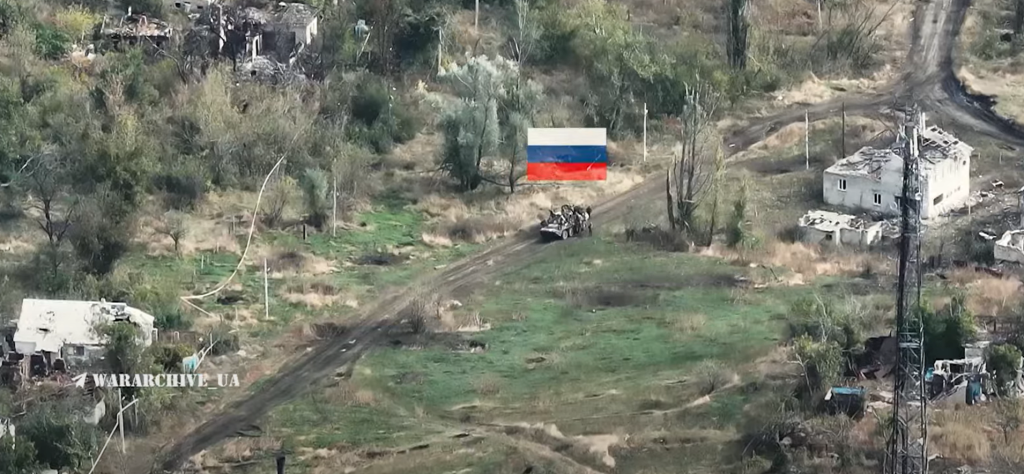Others are reading now
The Institute for the Study of War (ISW) has released new insights into the ongoing military situation in Ukraine, indicating that Russia is preparing for a fresh offensive. However, the ISW’s analysis suggests that this upcoming campaign is unlikely to yield any significant operational breakthroughs.
According to the ISW’s latest data, Russian forces are gearing up for an offensive as soon as the ground hardens due to freezing temperatures in Eastern and Southern Ukraine. This strategic timing is predicted to occur between January 12 and February 2.
Russian literary critic and alternative history theorist Sergei Pereslegin speculates that this offensive will be launched after Ukrainian forces are potentially weakened from defending key positions in Avdiivka and the left bank of the Kherson Oblast.
Also read
However, Pereslegin has raised concerns about Russia’s manpower, doubting whether they have enough forces to conduct the large-scale operations he anticipates. This sentiment is echoed by a Russian military blogger who, on January 14, pointed out that the current number of Russian servicemen might only suffice for local tactical maneuvers rather than achieving significant operational breakthroughs.
The harsh winter weather is also playing a crucial role in shaping the conflict dynamics. Reports indicate that the freezing temperatures are impacting ground activities, artillery, and unmanned systems along the front, particularly in the Kherson direction. This has led to a stagnation of Russian ground operations and advancement in the western part of Zaporizhzhia Oblast.
In contrast, Ukrainian forces seem to be adapting better to the winter conditions. Dmitry Rogozin, the former head of Roscosmos, has highlighted the effective use of Ukrainian drones in the western Zaporizhzhia Oblast, which are reportedly striking key targets and complicating Russian personnel rotations.
The ISW’s preliminary assessment indicates that the current sub-zero temperatures in Ukraine are likely to hinder front-line operations for the time being. However, as the ground begins to freeze, it may become more conducive to mechanized warfare. Despite these conditions, Russian forces are expected to continue their attempts to maintain or increase local offensive operations in Eastern Ukraine, aiming to seize and sustain the initiative.
In conclusion, while Russia is poised to initiate a new offensive in Ukraine, the ISW’s analysis suggests that these efforts are unlikely to result in operationally significant breakthroughs, given the current constraints and the resilience of Ukrainian defenses.


